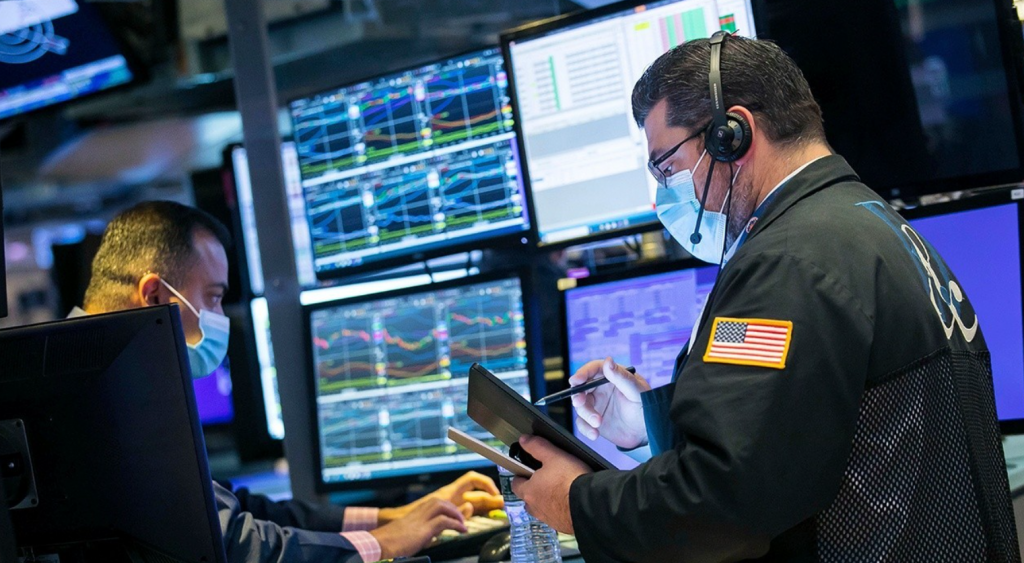
U.S. equity futures are trading cautiously heading into the Wednesday Wall Street session.
The major futures indexes are pointing slightly lower.
The recent rally was driven by hopes economies will gradually return to a pre-pandemic normal.
A series of economic reports could determine the direction of trading
Retail sales for January are expected to jump 1.1% month-over-month, after falling 0.7% in December. When taking out the auto component, a 1% rise is expected.
The latest report on producer prices should reveal that wholesale inflation remained subdued in January. Headline PPI is expected to increase 0.4% month-over-month according to Refinitiv forecasts, a notch above December’s 0.3% rise. Year-over-year, prices paid by wholesalers are expected to jump 0.9%, also a notch higher than December’s 0.8% annual gain.
Industrial production for January is estimated to 0.5%, trailing December’s 1.6% pop.
The National Association of Homebuilders is out with its sentiment index for February. It’s expected to hold steady at January’s level of 83, signaling that more than 80% of the NAHB’s members found business conditions good.
In Europe, London’s FTSE slipped 0.3%, Germany’s DAX fell 0.7% and France’s CAC was off 0.2%.
In Asia, Japan’s Nikkei 225 dipped 0.6%, Hong Kong’s Hang Seng gained 1.1%. Trading was closed in Shanghai for the Lunar New Year holiday.
Shares of Toyota Motor Corp. slipped after Japan’s top automaker said 14 assembly lines at nine of its plants in Japan were being halted for up to four days, starting Wednesday, because of the effects of the recent earthquake that shook northeastern Japan causing a parts shortage.
On Wall Street, indexes closed mostly lower Tuesday as losses in health care and technology companies kept gains in energy and other sectors of the market in check.
The S&P 500 slipped less than 0.1% to 3,932.59. The Dow rose 0.2% to 31,522.75. The Nasdaq Composite index fell 0.3% to 14,047.50.
Optimism that Washington will come through on trillions of dollars of more aid for the economy and encouraging company earnings reports have helped stocks grind higher this month, along with hopes that the coronavirus vaccine rollout will set the stage for stronger economic growth in the second half of this year.
Vaccine distribution is improving in the U.S., and, separately, new case counts are decreasing. That’s injecting more confidence into the prospects for a recovery while a new round of stimulus could help give people and businesses more money and improve consumer spending.
In energy trading, benchmark U.S. crude rose 67 cents to $60.72 per barrel in electronic trading on the New York Mercantile Exchange. It gained 58 cents to $60.05 per barrel on Tuesday. Brent crude, the international standard, added 86 cents to $64.21 a barrel.





























